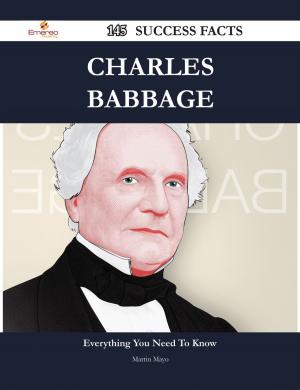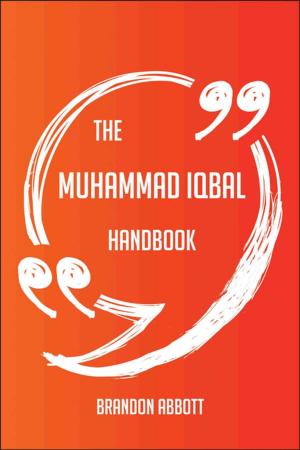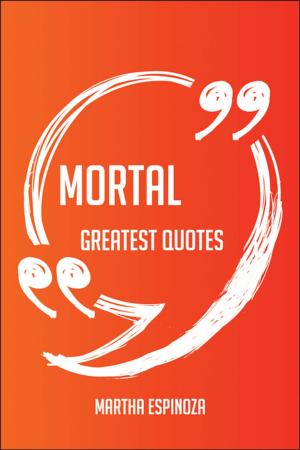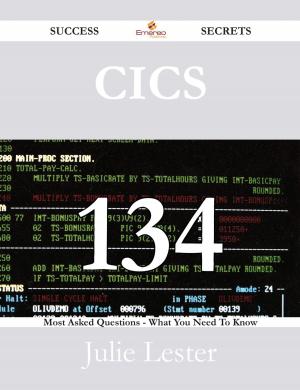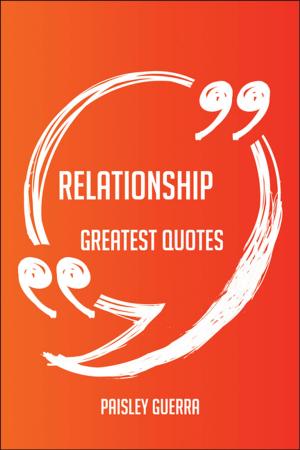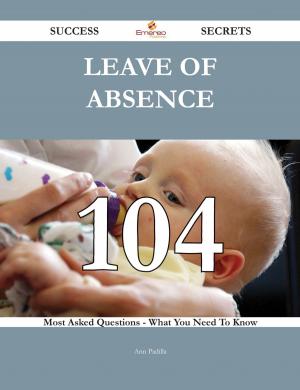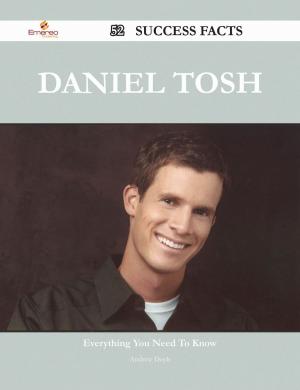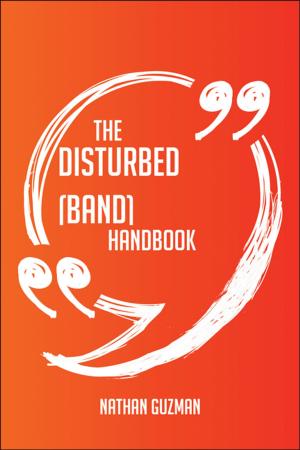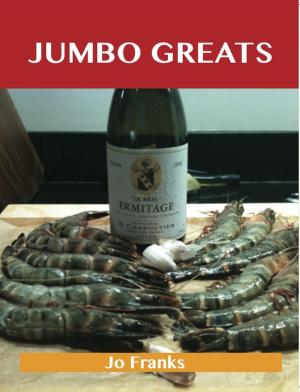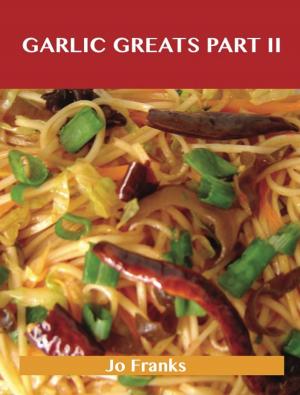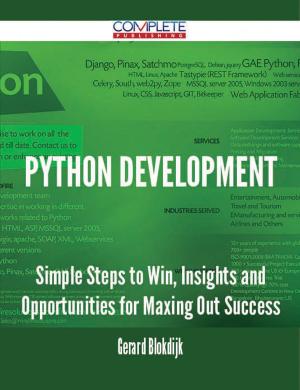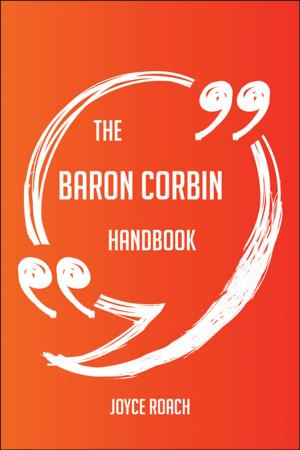Howards End - The Original Classic Edition
Nonfiction, Reference & Language, Reference, Fiction & Literature| Author: | Forster E | ISBN: | 9781486414093 |
| Publisher: | Emereo Publishing | Publication: | October 24, 2012 |
| Imprint: | Emereo Publishing | Language: | English |
| Author: | Forster E |
| ISBN: | 9781486414093 |
| Publisher: | Emereo Publishing |
| Publication: | October 24, 2012 |
| Imprint: | Emereo Publishing |
| Language: | English |
Howards End can be seen as a quaint period piece about British culture in the early Twentieth Century. On another level, however, its a brilliant exploration of the human soul. In the Schlegels and the Wilcoxes, Forster has created the perfect embodiment of the eternal conflict between reason and passion. These two families, destined to be united by the marriage of Margaret Schlegel to Henry Wilcox, represent two seemingly irreconcilable aspects of humanity. The Schlegels are artistic, intellectual and impractical; the Wilcoxes materialistic and unapologetically bourgeois. Margaret and Henry have their differences, but it is their relatives who display the more extreme family traits.
Margarets sister Helen is a classic bohemian; Henrys son Charles is a humorless and intolerant banker. As the novel unfolds, the two families are forced to confront each other and decide whether to ultimately part company or compromise. What is most impressive to me about the novel is the naturalness and grace with which the story unfolds. When an author uses characters to embody universal qualities, it is quite a challenge to make the people and story real and not merely symbols.
Howards End succeeds brilliantly as both a thoroughly engaging novel and a rather profound metaphysical inquiry.
Howards End can be seen as a quaint period piece about British culture in the early Twentieth Century. On another level, however, its a brilliant exploration of the human soul. In the Schlegels and the Wilcoxes, Forster has created the perfect embodiment of the eternal conflict between reason and passion. These two families, destined to be united by the marriage of Margaret Schlegel to Henry Wilcox, represent two seemingly irreconcilable aspects of humanity. The Schlegels are artistic, intellectual and impractical; the Wilcoxes materialistic and unapologetically bourgeois. Margaret and Henry have their differences, but it is their relatives who display the more extreme family traits.
Margarets sister Helen is a classic bohemian; Henrys son Charles is a humorless and intolerant banker. As the novel unfolds, the two families are forced to confront each other and decide whether to ultimately part company or compromise. What is most impressive to me about the novel is the naturalness and grace with which the story unfolds. When an author uses characters to embody universal qualities, it is quite a challenge to make the people and story real and not merely symbols.
Howards End succeeds brilliantly as both a thoroughly engaging novel and a rather profound metaphysical inquiry.

